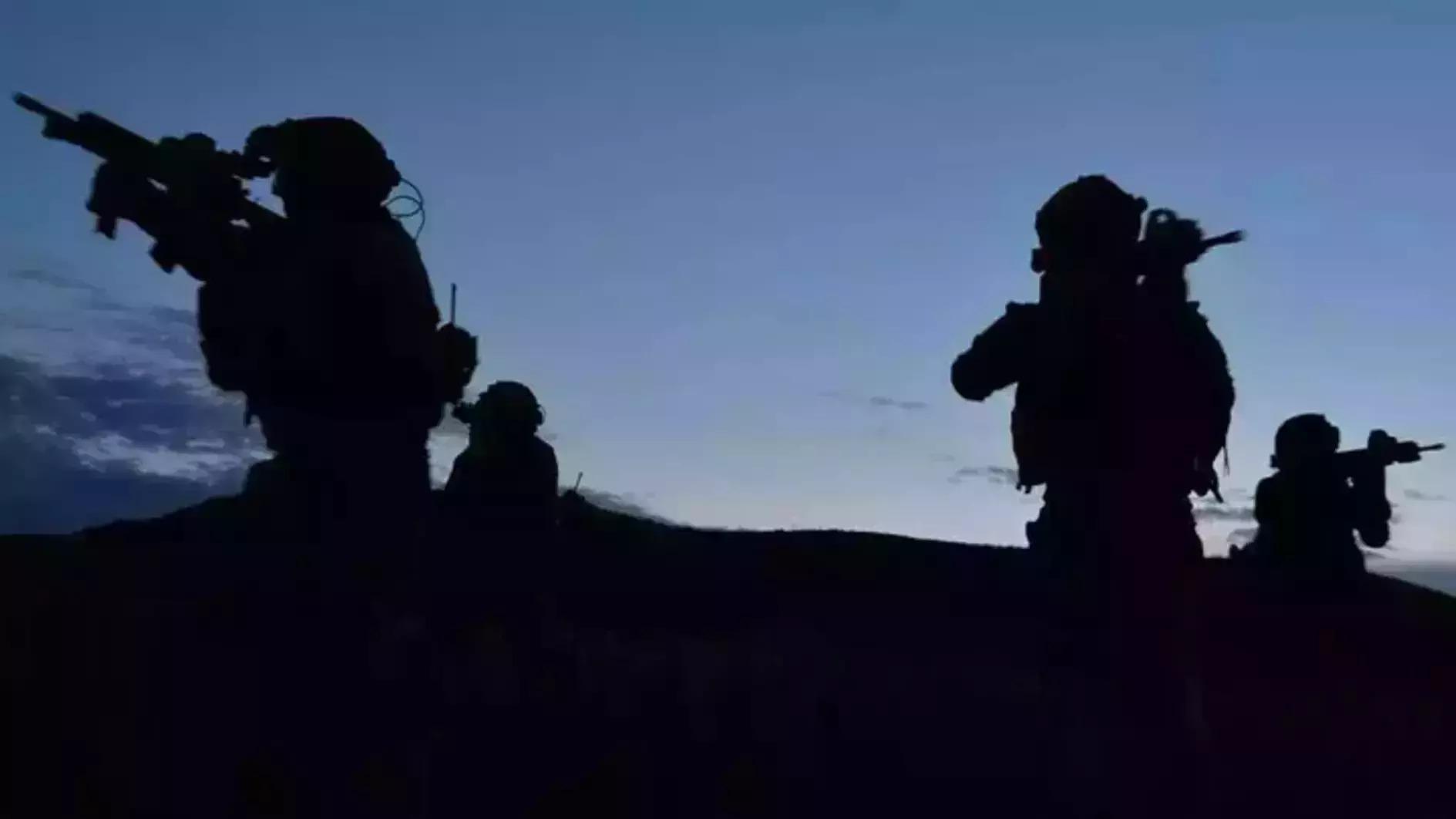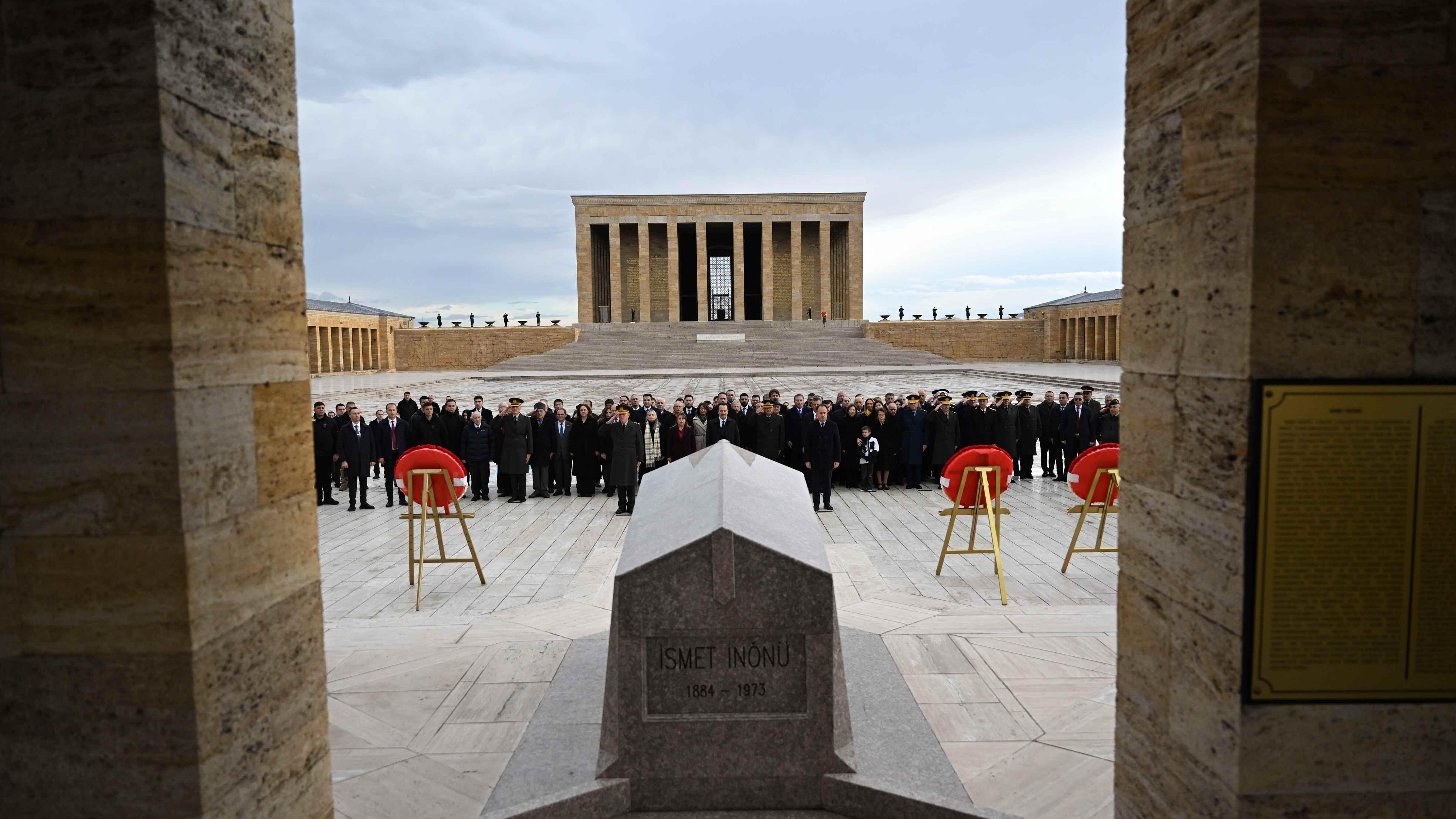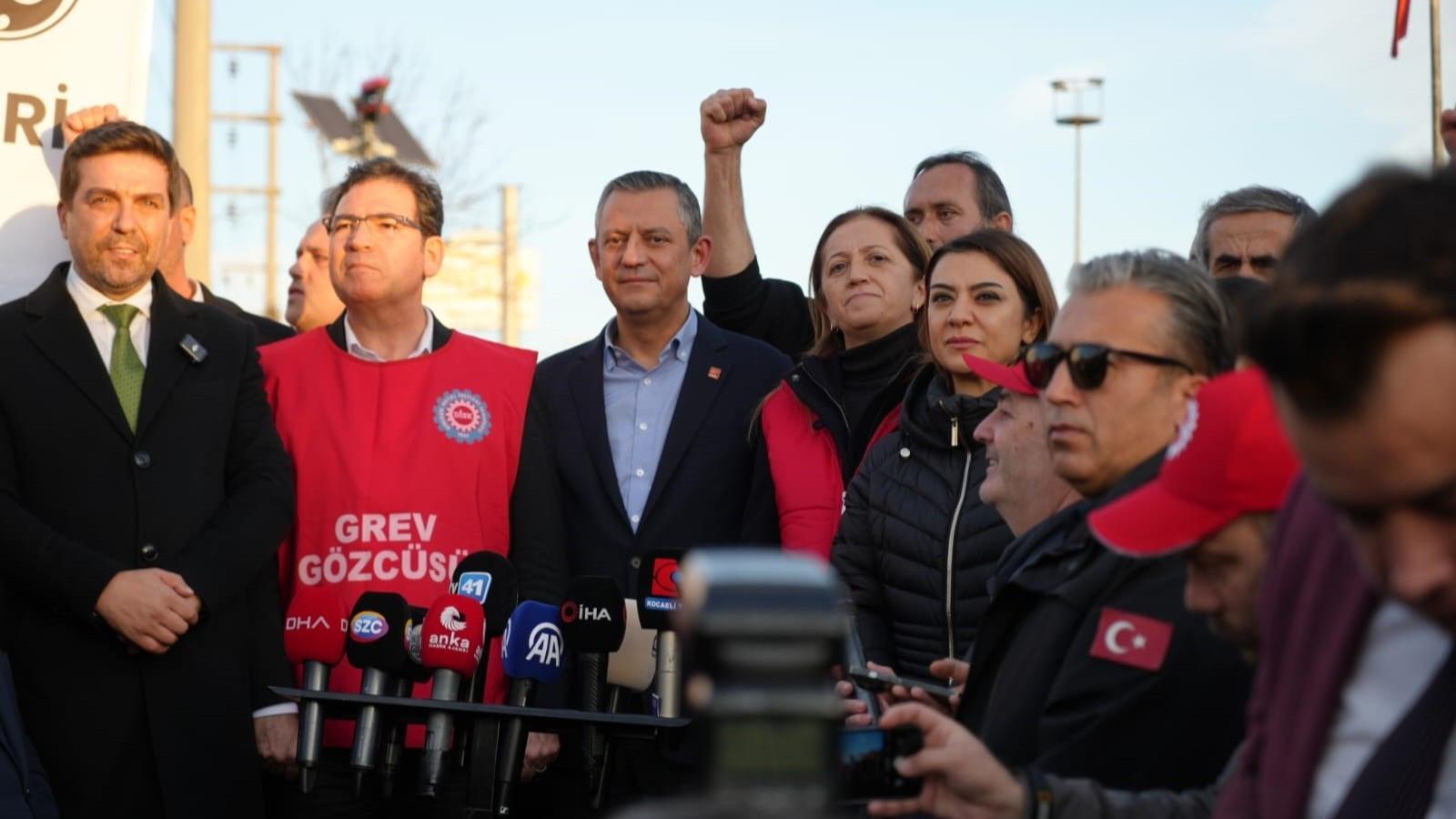Gendarmerie and politics
A debate is currently ongoing about the scope of political authority. The government wants the Interior Ministry to conduct appointments in the gendarmerie force, while the General Staff is concerned that this will lead to the “politicization” of the gendarmerie.
Interior Minister Efkan Ala reacted to this, saying, “Well, politics is not a bad thing, is it? Politics makes decisions and the bureaucracy applies them. In developed countries, there is no discussion about 'politicization.'”
These words are true, but in such developed countries, the culture of separation of powers and of the functional impartiality of their institutions are deeply engrained. Here, in our country, if the political party organization wants it then even a provincial education director can be quickly replaced.
If appointments in the gendarmerie are to be made by the ministry, then the possibility of the hierarchy being disrupted and the emergence of political tension - as in the police force - are issues that cannot be ignored.
Why does the government feel the need to control the gendarmerie appointments? If there are functional justifications for this, they have to explain it to the public.
The government is preparing to reshape the 175-year-old gendarmerie forces, but some observers have raised concerns about plans to link the complex military branch to the Interior Ministry completely.
There are concerns about creating a politicized gendarmerie force because it could be more open to political intervention. Another major concern is that such a move might reveal security weaknesses.
According to the new regulations, the Interior Ministry and provincial governors will have a say on the gendarmerie’s non-military duties, authorizations and responsibilities. The move is part of a new security package. According to the new regulation, the Armed Forces will lend a full general to the gendarmerie and the head of the gendarmerie will keep his seat at the National Security Council (MGK).
The draft also foresees a change in the gendarmerie’s uniforms. The present green uniforms will be switched to either blue or dark blue, as seen in European Union members, giving the new uniform a more “civil touch.”
In democracies, the elected government determines all general policies of the state, but another rule of democracy is that public institutions must be impartial and politically “neutral.”
Theoretically, the real issue is defining “political will.” In Turkey, we are zigzagging between the holding of politics under military tutelage and politics regarding itself authorized in every field. Both of them are wrong.
Our democracy has overcome military tutelage. Well then, can politics be authorized in every field of life? Should politics enter the mosque, army and justice system? In that case, why should universities be autonomous?
In democratic societies, there are wide fields, both institutionally and socially, in which the political will should not interfere.
The elected politicians make the laws and rule the country. There is no debate about that. However, at the same time, the separation of powers and the impartiality of public institutions are one of the essential principles of democratic rule of law.











